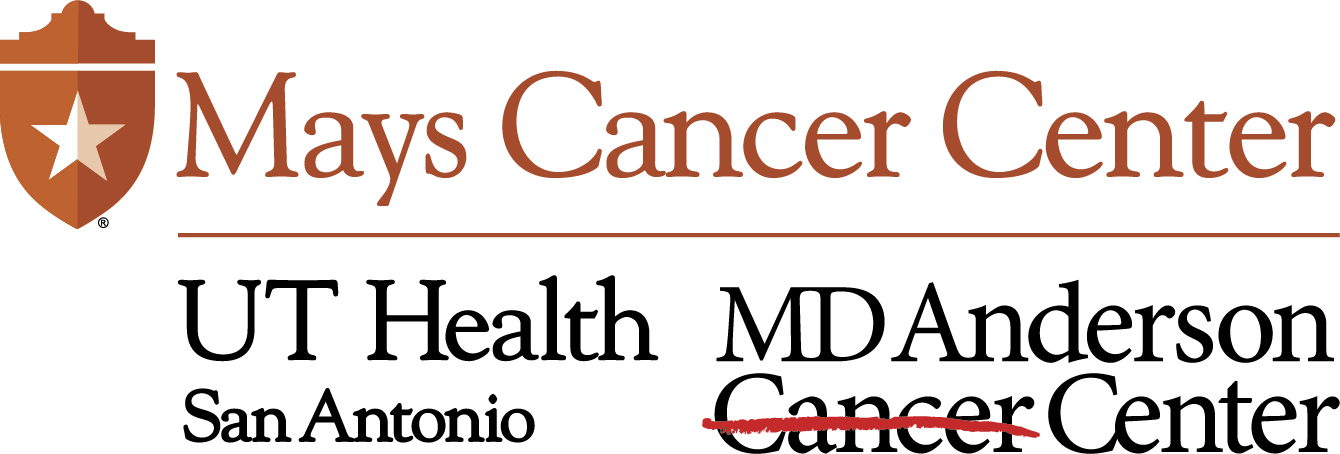
Dr. Jatoi on SLN Biopsy in ER-Positive, HER2-Negative Breast Cancer

Ismail Jatoi, MD, discusses the importance of individualized care when deciding whether to omit sentinel lymph node biopsy in patients over the age of 70 with clinically node-negative, estrogen receptor–positive, HER2-negative breast cancer.
Ismail Jatoi, MD, professor, chief, Division of Surgical Oncology and Endocrine Surgery, UT Health San Antonio, discusses the importance of individualized care when deciding whether to omit sentinel lymph node (SLN) biopsy in patients over the age of 70 with clinically node-negative, estrogen receptor (ER)–positive, HER2-negative breast cancer.
These breast cancers are often screen-detected in older patients, meaning SLN biopsy is often not indicated in this population, Jatoi says. The Choosing Wisely campaign addresses the question of whether to perform SLN biopsy in older patients, and involves discussing treatment options with patients, as well as involving a multidisciplinary care team, Jatoi explains. All care providers, from medical oncologists to radiation oncologists, need to agree that SLN biopsy may or may not be the best decision for adjuvant care, Jatoi emphasizes.
For these reasons, SLN biopsy is being omitted in many older patients with ER-positive, HER2-negative disease, a change which has had a favorable effect on patient quality of life, Jatoi concludes.




































